TSSA union members at CalMac vote to go on strike
- Published
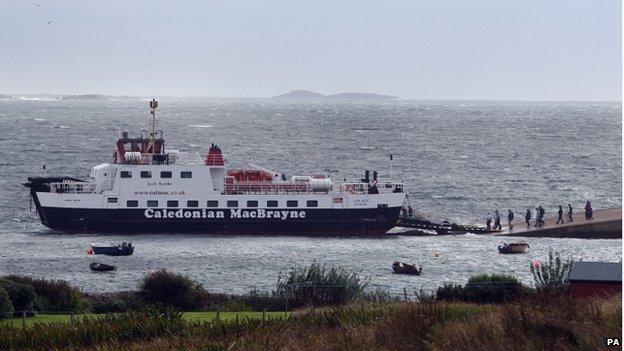
CalMac is facing a potential strike by TSSA union members
Members of the Transport Salaried Staffs' Association (TSSA) union working for ferry operator Caledonian MacBrayne have voted to go on strike.
The TSSA, which has 100 members at CalMac, said 56% of them had voted in favour of industrial action.
The staff were balloted because of concerns about the Scottish government's new contract for the Clyde and Hebrides Ferry Services.
The government described the union's move as "very disappointing".
State-owned CalMac and private firm Serco are bidding for the work.
The TSSA and RMT, which represents about half of CalMac's 1,400 employees, say the new contract does not guarantee job security and pensions, regardless of which company wins.
The RMT called off planned strike action last week after the Scottish government agreed to delay the tender process - but not the start date of the new contract - to allow further negotiation.
Assurances from First Minister Nicola Sturgeon that workers' concerns would be listened to played a part in the decision to call off the industrial action, the RMT said.
'Smell the coffee'
But Manuel Cortes, of the TSSA, said the government must go further and abandon the tender process. He said the process would lead to the privatisation of the Clyde and Hebrides network.
Mr Cortes told BBC Radio Scotland: "Our members are not renowned for their militancy. This is an indication of what my union has been saying from the outset, that privatisation is wrong.
"The workers don't want the services privatised and neither does the public.
"It is time for Nicola Sturgeon to smell the coffee and stop these privatisation plans."
The Scottish government said the tendering process was required in line with European law and would not see the privatisation of the ferry services.
A spokesman said: "It is very disappointing that the TSSA union has voted in favour of strike action.
'Important issues'
"We have been very clear from the start of this process that the contract to operate the Clyde and Hebrides Ferry Services network must be tendered in compliance with European law, in the same way as the previous Labour/Lib Dem administration tendered the current contract between 2005 and 2007.
"If we were not to tender this contract we put the services themselves, the subsidy we provide them with, the routes, the vessels and the investment at risk."
The spokesman said the government was not selling any assets or controlling interests to the private sector.
He added: "The successful bidder will not have freedom to set fares, timetables and frequency of sailings.
"Scottish ministers will retain control of all of these important issues through the public service contract. They will also retain ownership and control of all the vessels and ports currently under public ownership."
CalMac said it was frustrated and disappointed by the TSSA members' vote to strike.
A spokesman said: "We recognise that their members do have concerns about future terms and conditions but urge them to think carefully before continuing down this route.
"We wish to avoid more disruption to our lifeline services and feel we can reach a conclusion that is acceptable to all parties without more damaging action."
- Published9 July 2015

- Published8 July 2015
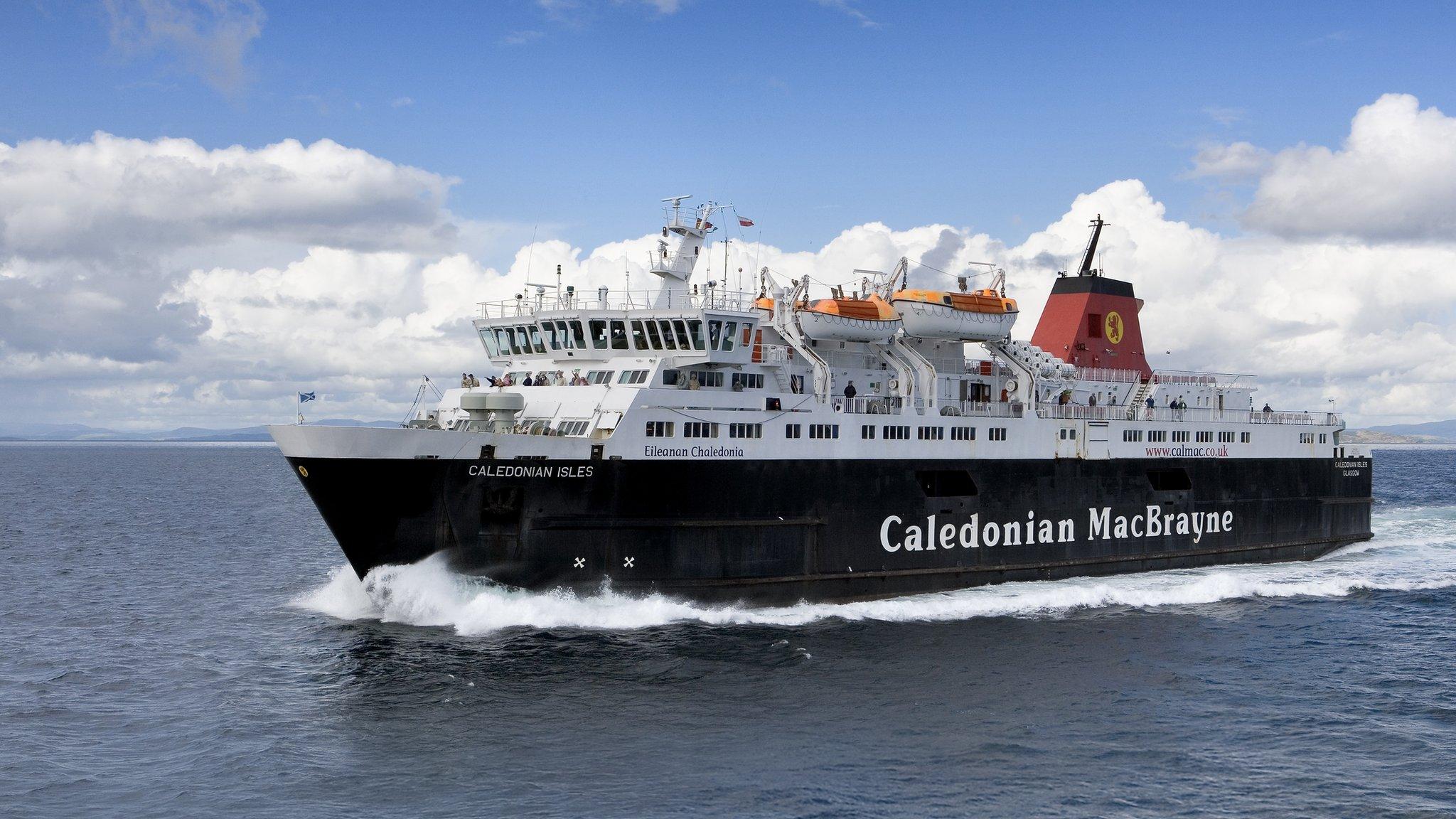
- Published7 July 2015
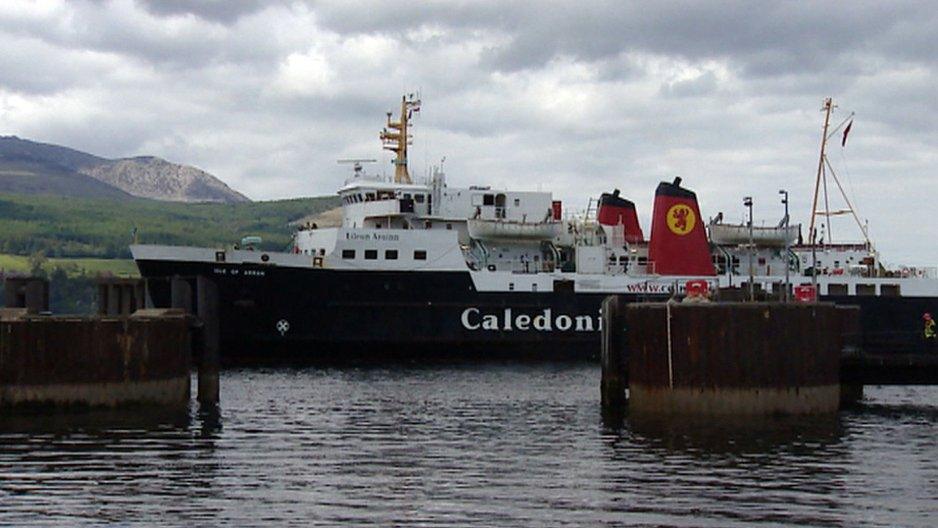
- Published6 July 2015
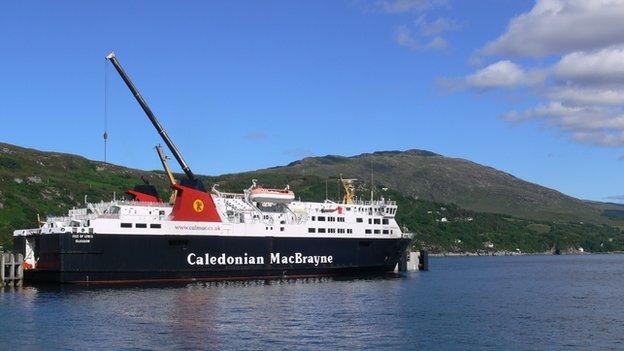
- Published3 July 2015

- Published2 July 2015
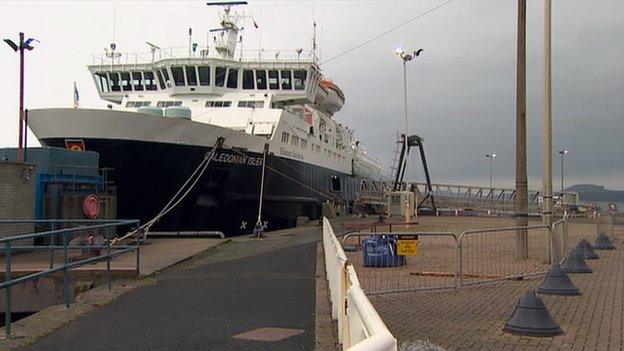
- Published29 June 2015
